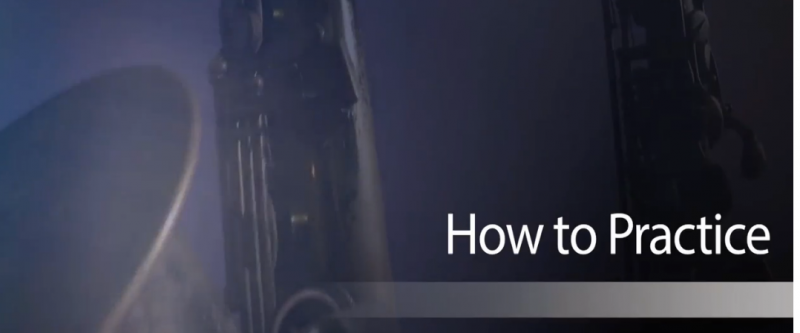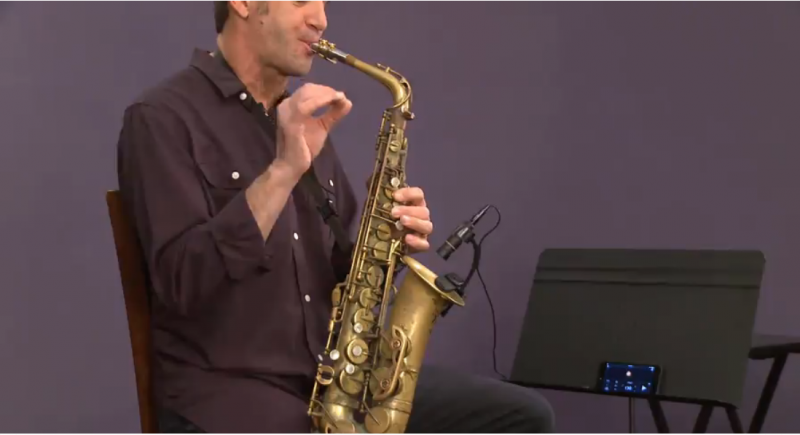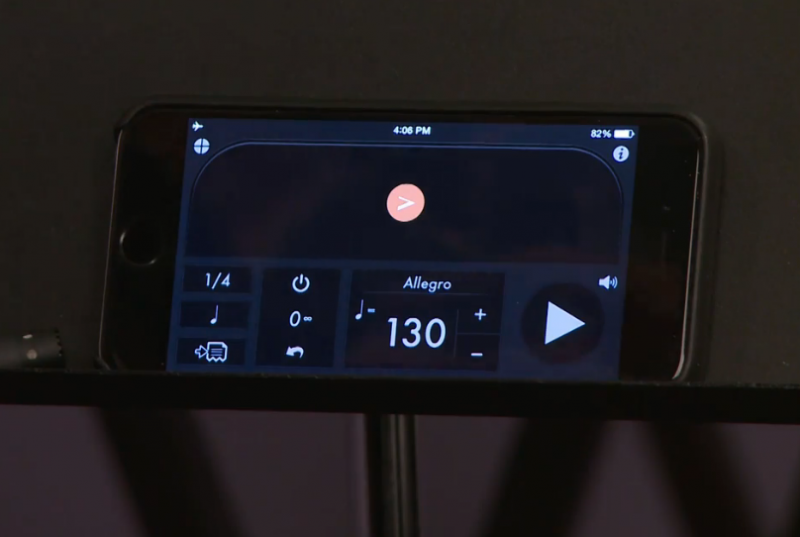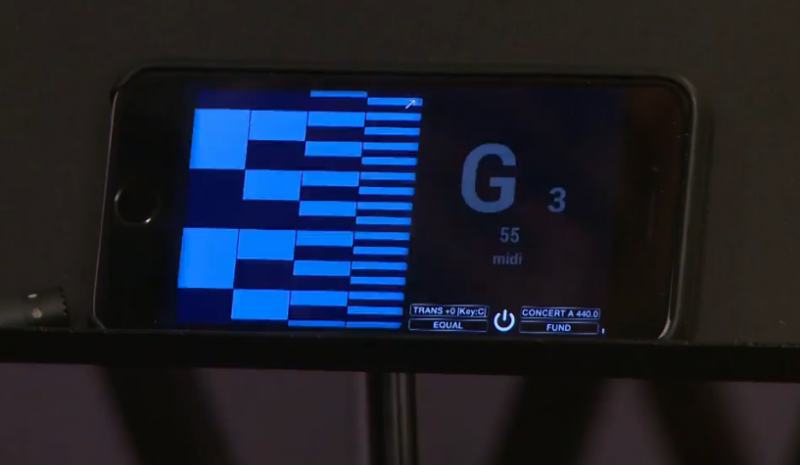Eric Marienthal on How to Practice

"What we work on to practice is less important than how we work on them." - Eric Marienthal
They say practice makes perfect, but what often gets overlooked is how to practice effectively so you can see results. Not only is it important that you practice on a consistent basis, but you should make sure you know the best way to achieve your playing goals. Not only that, you need to know the difference between practicing and playing - this is vital for your progress.
ArtistWorks teacher Eric Marienthal has a 3-part lesson series going over how to put together a good practice routine for his jazz sax students. This not only works for playing saxophone however, there's some great ideas in here that can benefit any musician.

"What we work on to practice is less important than how we work on them." - Eric Marienthal
They say practice makes perfect, but what often gets overlooked is how to practice effectively so you can see results. Not only is it important that you practice on a consistent basis, but you should make sure you know the best way to achieve your playing goals. Not only that, you need to know the difference between practicing and playing - this is vital for your progress.
ArtistWorks teacher Eric Marienthal has a 3-part lesson series going over how to put together a good practice routine for his jazz sax students. This not only works for playing saxophone however, there's some great ideas in here that can benefit any musician.
Be Consistent
Think of an athlete on the running on the track for an hour uninterrupted. But what if instead of running for an hour, they kept taking breaks to check their phone, watch tv, or anything other than the task at hand - which is what they’re training for?
Breaks are a good thing, especially if you’re feeling fatigued, but take them only when you absolutely have to. Just like an athlete, you’re going to get a lot more benefit from your practice routine physically if you do it consistently for the whole time (instead of taking a lot of breaks). So the best thing to do is to create a practice routine in advance, so that you know what to focus on and stick to it!
Here's a few things Eric emphasizes for musicians:
Long Tones: “I can’t think of any exercise more important!”

These are fairly self-explanitory, you practice blowing steady notes for as long as you can - try to aim for at least an 8 count. The more you practice these the better your breath control will be, not to mention all kinds of other benefits that it will add to your sound.
If you haven't spent much time playing long tones, you may find that it's not as easy as it sounds. Holding something (anything) in one position is actually one of the hardest things we can do, your muscles will start to get tired pretty quickly. So extend those notes as consistently as you can, for as long as you can. Practice long tones until you can feel the burn. No pain no gain!
Scales and Arpeggios
Scales are the language of music, they help us define and articulate our musical ideas. Practice different scales and arpeggios on a consistent basis, they will help you with everything.
Exercises
Eric has a lot of great exercises for saxophone students at ArtistWorks that are designed to reinforce all the important playing techniques he teaches in the curriculum. Be sure to check them out when you join!
Metronome

Playing scales is great, but you'll miss out on a lot of benefits if you don't practice them without a metronome. Playing along to a set tempo is incredibly helpful to your playing, especially if you want to play in a group situation. It forces you to split your attention between the technicality of the music and how fast you're playing it.
If you have a basic metronome app on your phone, you’ll never leave home without one. Make sure it’s loud enough, otherwise it will defeat the purpose if you can't hear it over your playing.
Tuner
No instrument is perfect when it comes to intonation, but there's perhaps nothing more important than playing in tune. That's why having a reliable tuner on hand is such good idea. So get one and use it, especially when you practice long tones! With easy apps to download on your phone, there's no excuse not to have one.

These are just a few ideas that Eric lays out, try them out and see how it helps your sound!
Happy practicing!
Learn jazz saxophone online with Eric Marienthal at ArtistWorks
Related Blogs:








Comments